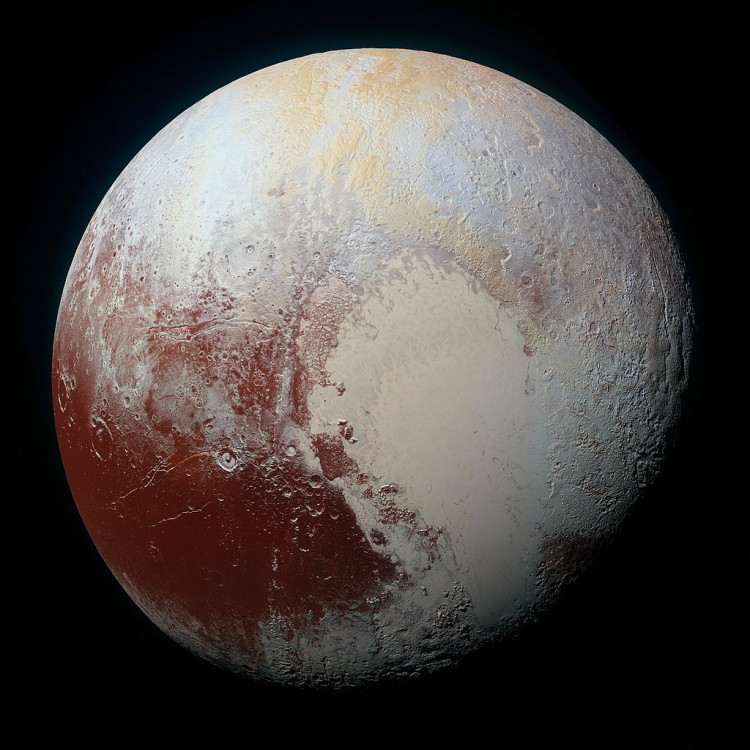A new paper argues that the criteria used to classify what makes an object a planet is not based on science, but in fact, on astrology or folklore. Without such rules, it would reinstate Pluto to its former glory: the ninth planet of our solar system.
The term "planet" is defined quite precisely by the International Astronomical Union (IAU). An astronomical body is officially a planet if it orbits the Sun, has sufficient mass to be spherical, and has cleared the neighborhood surrounding its orbit, according to the definition, which was created, revised, and agreed upon in August 2006.
Only eight bodies in the Solar System can be classified as planets under these rules, thereby excluding Pluto. This decision has sparked debate, with many scientists pushing for a more inclusive redefinition based simply on the physical qualities of the body in question.
The researchers, led by planetary scientist Phillip Metzger of the University of Central Florida, argue that the third condition be repealed, and that the definition of a planet be simplified to include only one criterion: that the body is, or has been, geologically active.
This would classify many Solar System bodies as planets, including Earth's Moon and many other moons, dwarf planets, and even asteroids - a consequence that has previously been cited to argue against broadening the definition.
However, the fact that these bodies are similar enough to be put together is a convincing reason why they should be, according to the researchers behind the new study.
"It's like defining 'mammals,'" Metzger said. "They are mammals whether they live on the land or in the sea. It's not about their location. It's about the intrinsic characteristics that make them what they are."
Over the course of five years, the team reviewed the last 400 years of scientific literature on planets in depth. They discovered that Galileo's definition from the 1630s had been increasingly whittled away.
Planets, according to Galileo, are things made up of components that vary through time, just like the Earth. Alternatively, they are geologically active, according to the researchers. They also mention Galileo's claim that planets reflect light rather than emitting it.
The scholars remind out that this concept was in use until the twentieth century. Pluto was classified as a planet after it was found in 1930. However, the researchers discovered that there was a decline in interest in planetary science between 1910 and the 1950s, at least in terms of the literature - the number of papers produced during this time period decreased.
"We've shown through bibliometrics that there was a period of neglect when astronomers were not paying as much attention to planets," Metzger pointed out. "And it was during that period of neglect that the transmission of the pragmatic taxonomy that had come down from Galileo got interrupted."
The paper asserts that folklore filled that void. Almanacs, which were annual publications that made meteorological and other forecasts based on the placements of a small number of planets, had become popular in the previous two centuries. In other words, astrology.
This fostered the misconception that only the largest bodies orbiting the Sun were planets. Anything else, including moons and asteroids, were not.
This, they believe, has snuck into the scientific literature.
It's a paper that will undoubtedly ruffle some feathers and keep the argument about planets going for a long time.
The research was published in Icarus, and the supplementary data is available in full on Metzger's website.



